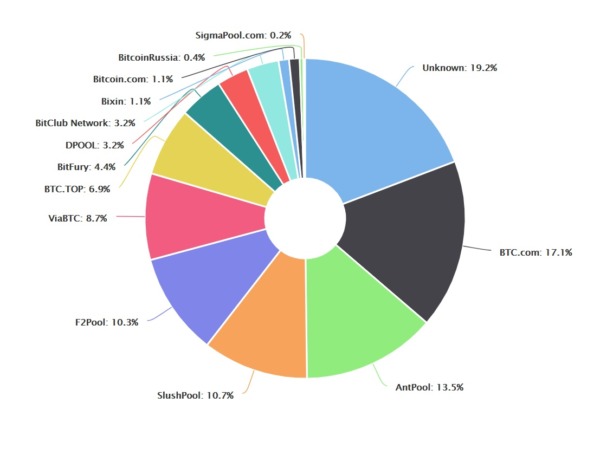China has decided to entirely ban cryptocurrency mining in the nation, Bloomberg reports. The National Department and Reform Commission of China, which has a lot of sway over the economic direction of the nation, has stated in a document that it would like to see cryptocurrency mining abolished as it “seriously wastes resources.”
China has long been a hub for cryptocurrency miners and large set-ups, though in recent times – since from when the ICO ban was instituted – it has clamped down on all such activity. No deadline for the ban has been stated.
The move to ban mining completely follows another strict decision by the nation to only allow high-capital investors with funds of over $1 million to participate in Security Token Offerings (STOs), a decision that was accompanied by strict rules on fundraising via cryptocurrencies.
Certainly bitcoin mining does consume a good deal of power, and the new NDRC guidelines only follow a statement by Chinese officials in 2018 to disincentivize mining. As a result, mining firms have turned elsewhere for their space and set-ups, after initially having been attracted by the lower cost of operations in China.
 Jehan Chu, managing partner at blockchain investment firm Kenetic, told Reuters,
Jehan Chu, managing partner at blockchain investment firm Kenetic, told Reuters,
The NDRC’s move is in line overall with China’s desire to control different layers of the rapidly growing crypto industry, and does not yet signal a major shift in policy, I believe China simply wants to ‘reboot’ the crypto industry into one that they have oversight on, the same approach they took with the Internet.
China is home to some of the largest bitcoin mining pools in the world and is responsible for much of the mining being carried out. Still, whenever this does come into effect, it will begin a slow process that will take much time to complete its goal.
However, there does seem to be much reason to be concerned about the market’s price. The market has not reacted and mining operations have been shifting to other countries. Given that the policy will likely be implemented over a long period of time, and the arrival of new consensus protocols, the situation is not as dire as it seems.

